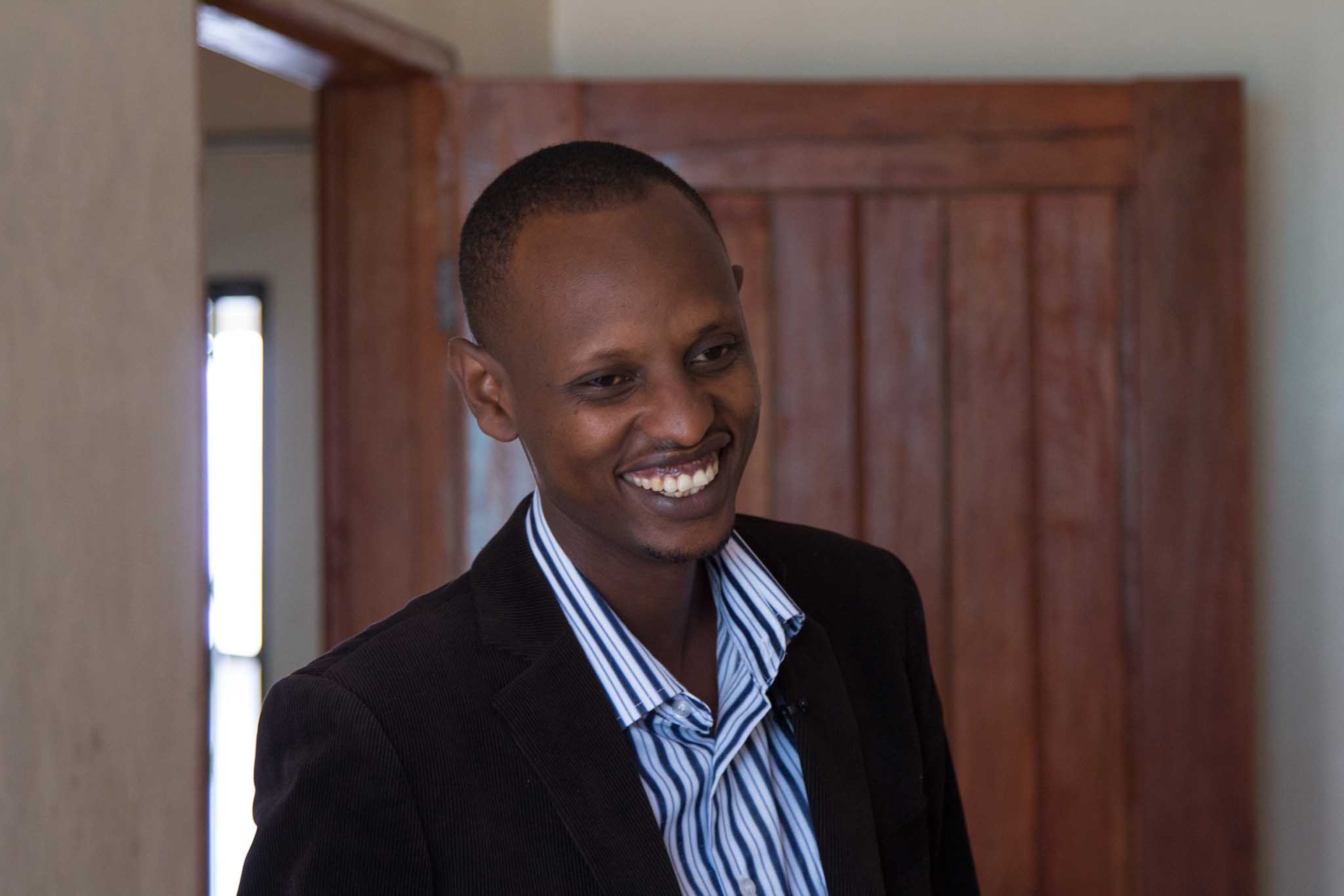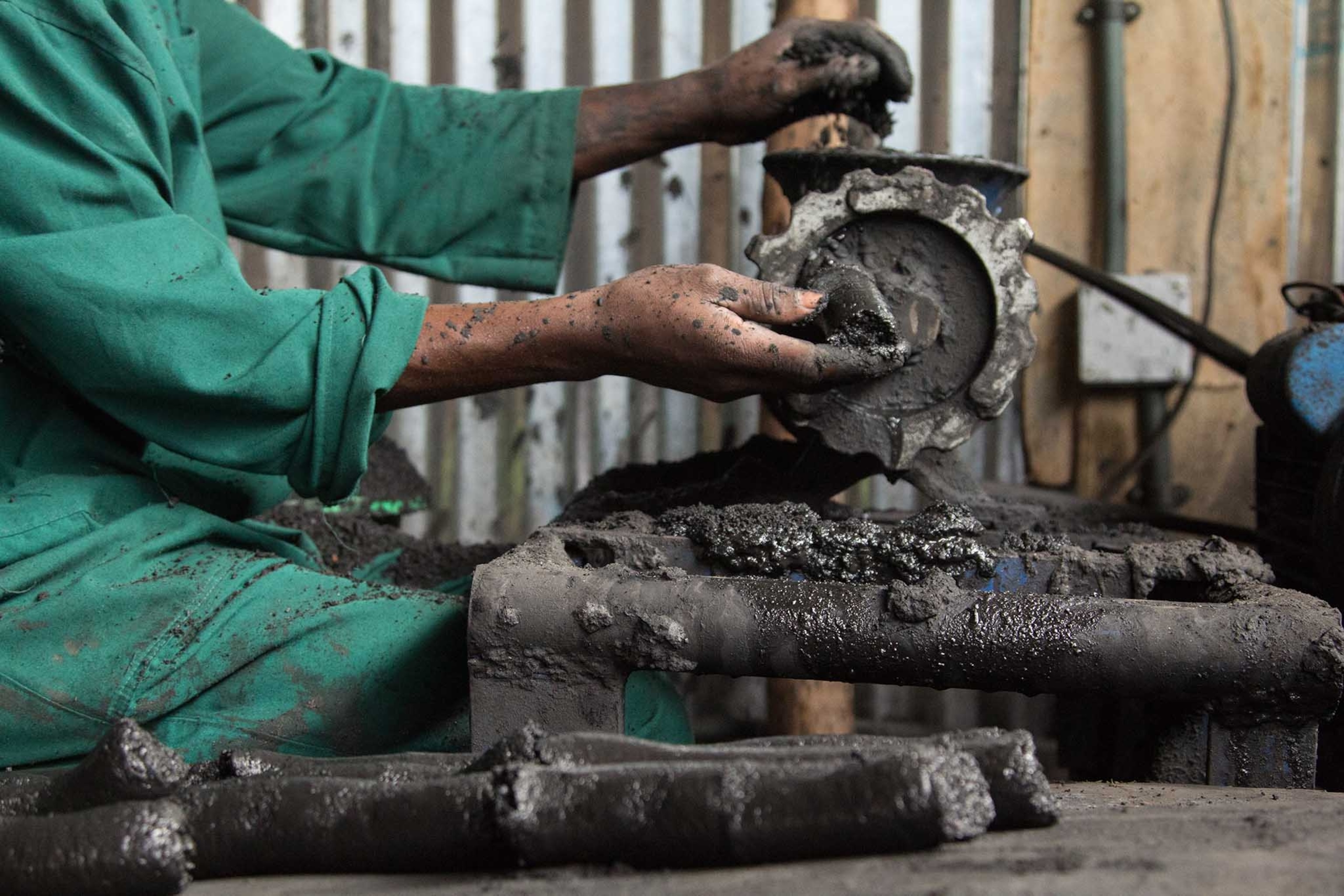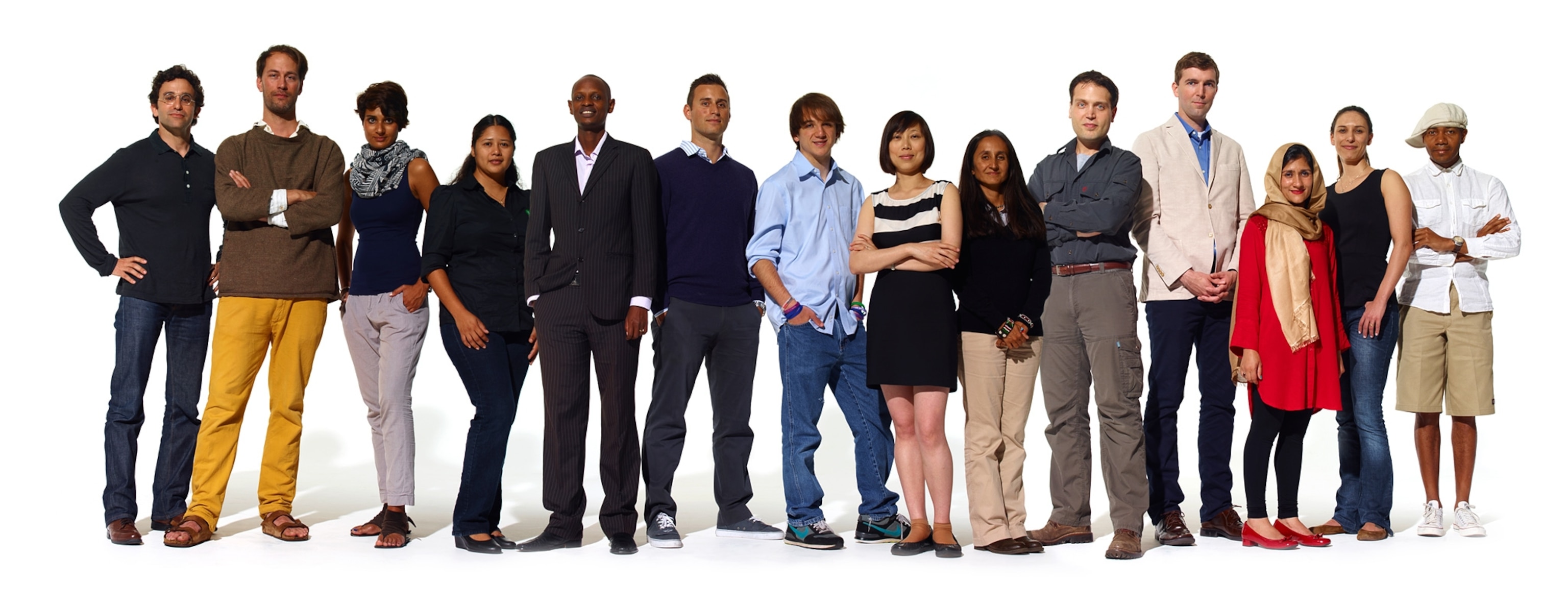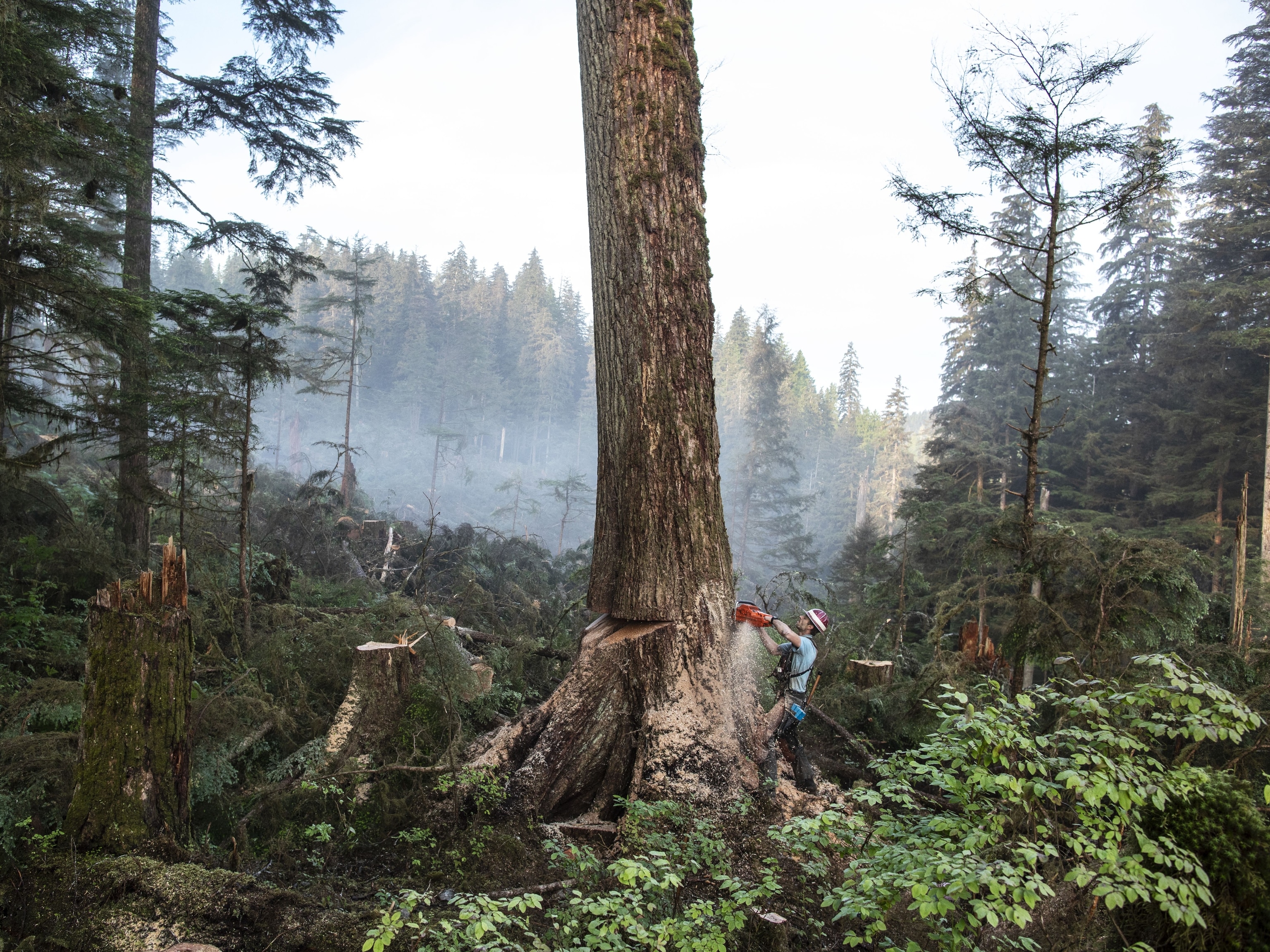Entrepreneur Changes Life in Uganda by Turning Waste Into Fuel
Emerging Explorer Sanga Moses tackles social problems and deforestation with cooking briquettes.
Editor's note: Sanga Moses is one of National Geographic's 2014 Emerging Explorers, a designation that honors tomorrow's visionaries—those making discoveries, making a difference, and inspiring people to care about the planet.
Sanga Moses grew up barefoot in a small Ugandan village of thatched roof dwellings that lacked electricity. Yet he became his clan's first college graduate and took a bank job in Kampala.
Returning home for a visit from the Ugandan capital in 2009, he met his 12-year-old sister on the road. "She stood there crying, with a heavy bundle of wood on her head," Moses remembers. "She was upset because, like most rural girls, she missed days of school each week searching for fuel wood."
"My sister … was losing the only opportunity she had to make her life better—education."
It wasn't the only change Moses noticed in his hometown. "When I was young, our home was surrounded by national forests," he says. "Now all those trees are gone, and children must walk longer and longer distances to gather wood."
Searching for a solution to problems born of burning wood, Moses quit his job and began learning everything he could about renewable resources. Eventually he came across the increasingly popular practice of turning organic waste into fuel.
"I looked out my window and saw a huge pile of sugar cane debris," he says. "Uganda is primarily agricultural, but farm waste is just abandoned."
So Moses began working with engineering students to design kilns and briquetting machines.
Four years later, 2,500 farmers use his kilns to turn farm waste—coffee husks and waste from sugar cane and rice—into charcoal. A company that Moses founded, called Eco-Fuel Africa, buys the char and turns it into briquettes for cooking that burn cleaner and cost less than wood.
The company takes those briquettes to market, providing fuel for more than 19,000 Ugandan families. (Read a Q&A with Sanga Moses.)
"Burning fuel wood not only destroys Uganda's trees," Moses says, but it also affects "the health and educational opportunities of our poorest people.
"We're giving them an alternative."
The problems that wood burning created for Moses's family and in his hometown can be seen across sub-Saharan Africa. Eight in ten people in the region depend on wood to cook and to heat their homes. As more forests are destroyed to feed that demand—in Uganda, 70 percent of protected forests are gone—families must walk more miles every day to buy increasingly scarce and costly wood.
Families in the developing world spend up to 40 percent of their income on cooking fuel. Besides leaving children with less time for education, it means that poor farmers are less able to afford fertilizer, causing harvests to suffer and malnutrition to rise.
And wood burning takes a huge toll on human health, creating smoky indoor air that leads to respiratory diseases that kill more women and children each year than HIV/AIDS.
Moses's cleaner-burning green charcoal reduces indoor air pollution and has already saved more than three million dollars in energy-related expenses for Ugandans. "Families use that money to pay school fees for their children, afford three meals a day, and finance new income-generating activities," he says.
Indeed, farmers who work with Eco-Fuel Africa have tripled their incomes by selling char from kilns. The coarser, leftover char is used as fertilizer, which can increase harvests by more than 50 percent and create surplus crops to sell at market.

Moses's group also battles deforestation, investing profits into planting 12,000 new trees and partnering with local schools to make reforestation part of environmental education.
"Today young people who graduate from college come to us and say, 'I don't care how much you pay me; I want to join you because I believe so strongly in what you do,' " Moses says.
Eco-Fuel Africa also looks for employees among Uganda's widows and single mothers, who often struggle after husbands die of HIV/AIDS.

"They value the opportunity to become machine operators and retailers," Moses says, "bringing unbelievable commitment, dedication, and hard work to our project."
"Many times when I visit villages," he continues, "a woman will grab my hand and say, 'Six months ago I could barely feed my family. Now I've been able to enroll my daughter in school and buy a solar panel and mobile phone.' "
Eco-Fuel Africa has received interest from Rwanda, Kenya, and Zambia, but Moses wants to "get our business model right and then expand to new countries."
Funding from National Geographic recently helped the organization develop a briquette-making machine that can run without electricity, so it's workable in remote rural areas.
"Now we can micro-franchise in villages far off the power grid," Moses says. "We identify entrepreneurs, supply training and support, and provide technology on a credit basis so they can start sustainable businesses, create jobs, and meet local energy needs."
All while improving Ugandans' health—and saving their forests.





